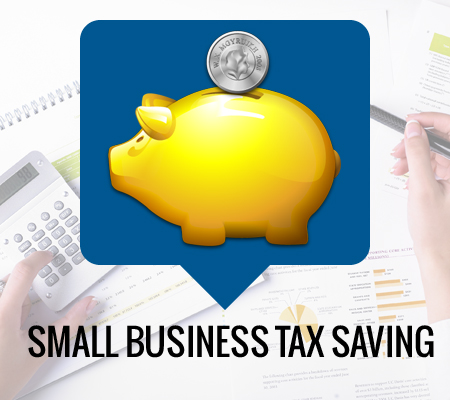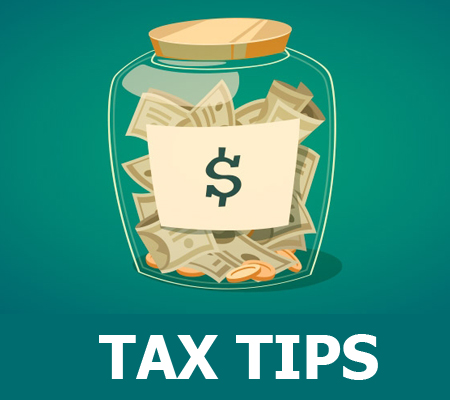It is not possible for every tax payer to do taxes on their own. Perhaps, the choice of doing taxes is influenced by varied factors, especially by the sources of income. If your source of income is through multiple channels then it is pretty difficult to calculate taxes by self. And that too, without a proper understanding of deductions and other intricacies, you can never kick start a tax calculation.
If your aim is to minimize on taxes and save the maximum, then you should hire an accountant who will get it right at any circumstance.
Categorize and summarize your finances
Are you aiming for the best tax outcome? If so, then you should be well aware of your own tax situation. For small business owners, there are set of common deductions apart from the standard ones that are applicable to an average tax payer. The list includes office expenses, wages and benefits paid to employees and so on. You can approach your tax accountant, if you have a lot of other expenses, but confused on whether to categorize it under deductible or non-deductible expenses. When you schedule an appointment with your accountant for tax discussion, be sure to summarize the deductible expenses and ensure that you make a note of those items that are without receipt. It is highly critical to maintain a spreadsheet on expenses with clear cut categorization of headings namely “Home Office Expenses” and “Entertainment”, which will in turn help your accountant to clearly identify the totals you’re claiming in each deduction category.
Get a clear clarity on the Basics
It is mandatory that you categorize all the expenses, regardless of whether they fit under specific deductions you’ve taken in the past. There is a very less possibility of you being aware of all the deductions you are entitled to, especially on business income, investment and so on. Hiring an accountant for your taxes means, you’re bestowing him/her the authority to filter the expenses, and identify to what extent the deductions are available for you in each category.
It’s quiet natural for every tax accountant to trim on areas with reasonable amount of deductions. But on the other hand, your accountant will have no option to proceed forward with the deductions, if in case you don’t possess the receipts to support your claims. However it is possible under Cohan Rule which states that, other credible evidence can be used to support the claims during audit. But the rule doesn’t guarantee you a full deduction, rather a partial deduction. Given the experience an accountant posses in dealing with audits, he/she would be in a position to decide what to include and what to hold back.
Schedule a Post-Filing Follow-Up
Don’t forget to schedule follow-up meetings with your accountant and during those discussions it is highly imperative you ask these two questions. 1. What are the areas to where you can maximize deductions and 2. How you can improve your summary/information. The first questions is cross-checking the accountant on the whether he/has captured all the right deductions. Perhaps this is the perfect time to ask your accountant’s opinion on the amounts you foresee to receive as a claim in different categories.
Though it’s improper on your part to change the spending plans just to get more deductions, it is always worth to seek your accountant’s view on these matters. Sometimes having a coffee-table conversation with your accountant will give you a lot more ideas on tax.
The second question is all about improving relationship with your accountant. To see some wondrous value from your accountant, it is necessary that you maintain a cordial relationship. Almost all accountants expect long-term relationship from clients, and by showcasing yourself as an ideal client, you will be able to see your accountant as a true tax professional, who advises you on all tax related issues and guide on how to minimize your tax burden.
P.S
It doesn’t mean that once you hire an accountant you can stop thinking about taxes. No it’s not true. Accountants are truly busy professionals. As a tax payer, it is your obligation to co-operate with the accountant by providing relevant information and answering the basic questions.

